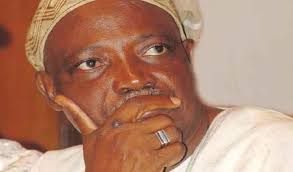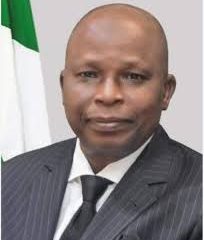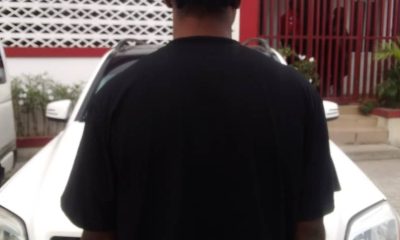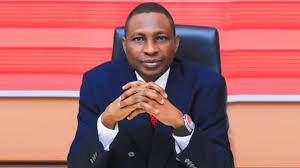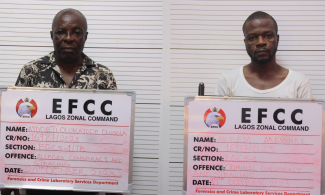A prosecution witness with the Economic and Financial Crimes Commission (EFCC), Abubakar Madaki on Thursday told a Federal High Court in Lagos how Rasheed Ladoja, former governor of Oyo state spent the proceeds of the sale of the state’s shares.
At the resumed trial of the case on Thursday, Madaki, under cross examination by the prosecution counsel, Oluwafemi Olabisi, gave evidence in the trial of Ladoja and Waheed Akanbi, a former finance commissioner in the state, for N4.7 billion fraud.
He said Ladoja confirmed in his statement before the EFCC that he used part of the proceeds from the sale of Oyo state shares to purchase four cars.
The counsel had asked the witness what happened to N400 million out of the N1billion difference of the proceeds which he was to investigate, noting that the witness had identified N600 million out of the said sum.
“Part of the proceeds was used to purchase a jeep, a bus and two other cars supplied to members of the state’s representatives at the House of Reps loyal to him,” Madaki said.
He added that the Nigerian Stock Exchange (NSE) conducted a discreet investigation into the alleged fraud and issued a report to the EFCC.
Madaki also testified that Ladoja approved the reduction of the sale of the shares without any state executive resolution.
The accused were charged with conspiring to siphon and launder N4.7 billion from the coffers of Oyo state government.
The EFCC also accused them of converting N1.9 billion belonging to the state for their personal use through the account of a company known as Heritage Apartments Ltd.
Ladoja was accused of removing £600,000 from the state coffers in 2007 and sent to his daughter, Bimpe, in London.
In addition, the ex-governor was accused of converting N42 million belonging to the state for his personal use and subsequently used same to purchase an armoured Land Cruiser.
The EFCC added that Ladoja converted N728 million and N77 million at different times in 2007 for his personal use and transferred same to Bistrum Investments for the purchase of a property in Ibadan.
The offences contravened the provisions of Sections 14, 16, 17 (a) and 18 (1) of the Money Laundering (Prohibition) Act, 2004, according to the EFCC.
Justice Mohammed adjourned continuation of the trial until May 30.

 Health & Fitness3 days ago
Health & Fitness3 days ago
 Featured6 days ago
Featured6 days ago
 Education1 week ago
Education1 week ago
 Business1 week ago
Business1 week ago
 Aviation5 days ago
Aviation5 days ago
 Business6 days ago
Business6 days ago
 Crime1 week ago
Crime1 week ago
 News6 days ago
News6 days ago
